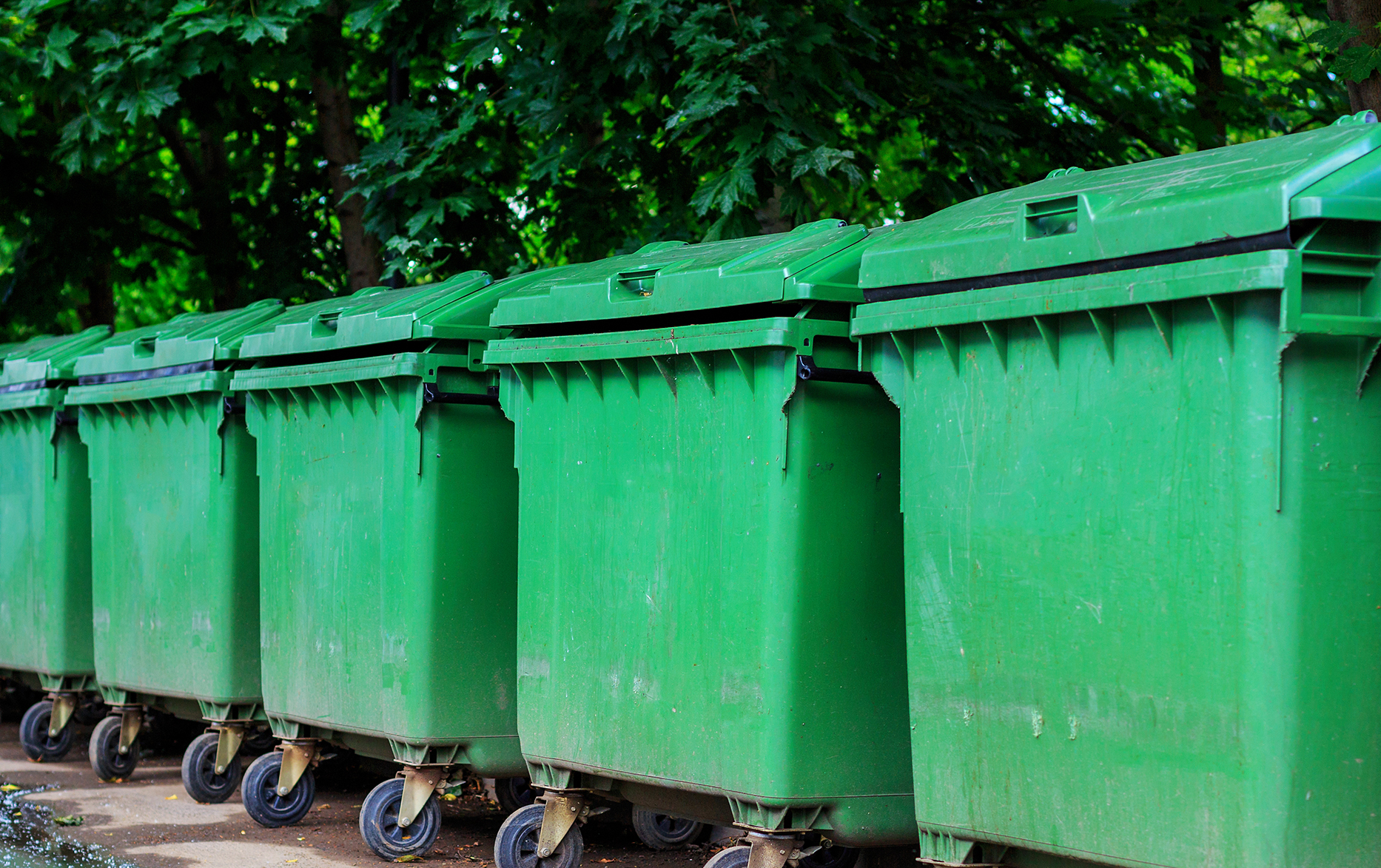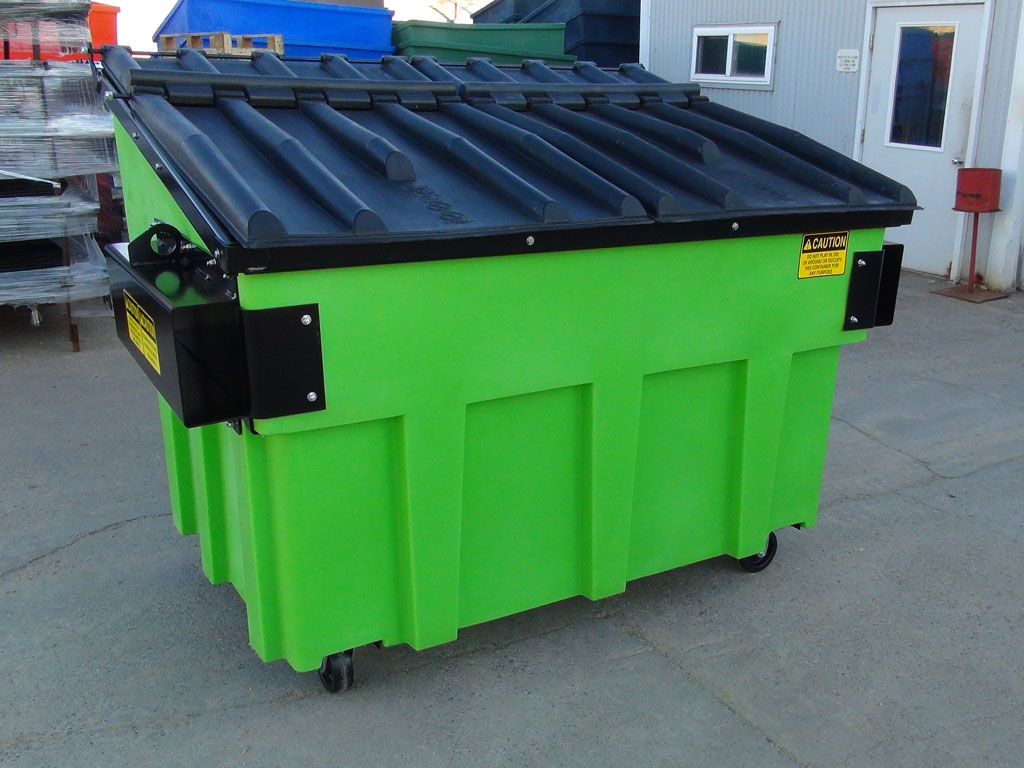Dumpster rental is a popular solution for managing waste and debris in construction sites, home renovations, and commercial projects. However, there are rules and regulations that must be followed to ensure safety, compliance, and environmental protection. In this article, we will discuss the key dumpster rental rules and regulations that you need to know.
Permits and Zoning
Before renting a dumpster, it is important to obtain the necessary permits and check the zoning regulations in your area. Depending on the location and size of the project, you may need to apply for a permit from the local government or homeowners association. In addition, some areas have zoning restrictions on the placement and use of dumpsters, so it is important to check with the authorities.
Size and Weight Limits
Dumpsters come in various sizes, and it is essential to choose the appropriate size for your project. Overloading a dumpster can be dangerous and may result in additional fees or fines. In addition, there are weight limits that must be followed to prevent damage to the truck and ensure safe transportation. Most dumpster rental companies provide weight limits for each size of the dumpster, and it is important to adhere to these limits.
Prohibited Items
There are certain items that are not allowed to be disposed of in dumpsters due to safety and environmental reasons. These items include hazardous waste, medical waste, electronics, appliances, and tires. If you need to dispose of these items, you should contact the local authorities or specialized waste disposal companies that can handle them safely.

Loading the Dumpster
Proper loading of the dumpster is crucial to ensure safety and avoid damage to the dumpster or surrounding areas. The dumpster should be loaded evenly, with the heaviest items at the bottom and lighter items on top. Sharp objects should be wrapped or padded to prevent puncturing the dumpster, and no items should be protruding from the top or sides. In addition, the dumpster lid should always be closed when not in use.
Pickup and Delivery
Dumpster rental companies have specific policies for pickup and delivery of the dumpster. It is important to follow these policies to avoid additional fees or fines. Typically, the dumpster should be placed on a flat, level surface with enough space for the truck to maneuver. The area around the dumpster should be clear of obstacles and vehicles to prevent accidents. The rental period varies depending on the company and project, and it is important to return the dumpster on time to avoid additional fees.
Environmental Protection
Dumpsters can have a significant impact on the environment if not handled properly. Dumpsters should be placed on a surface that can handle the weight and prevent soil erosion or other environmental damage. In addition, it is important to dispose of waste in a responsible manner, such as recycling or donating items that are still in good condition. Dumpsters should not be placed near bodies of water, wetlands, or other environmentally sensitive areas.
Conclusion
Dumpster rental can be a convenient solution for managing waste and debris in various projects. However, it is essential to follow the rules and regulations to ensure safety, compliance, and environmental protection. This includes obtaining permits and checking zoning regulations, adhering to size and weight limits, avoiding prohibited items, properly loading the dumpster, following pickup and delivery policies, and protecting the environment. By following these guidelines, you can ensure a successful and stress-free dumpster rental experience.

